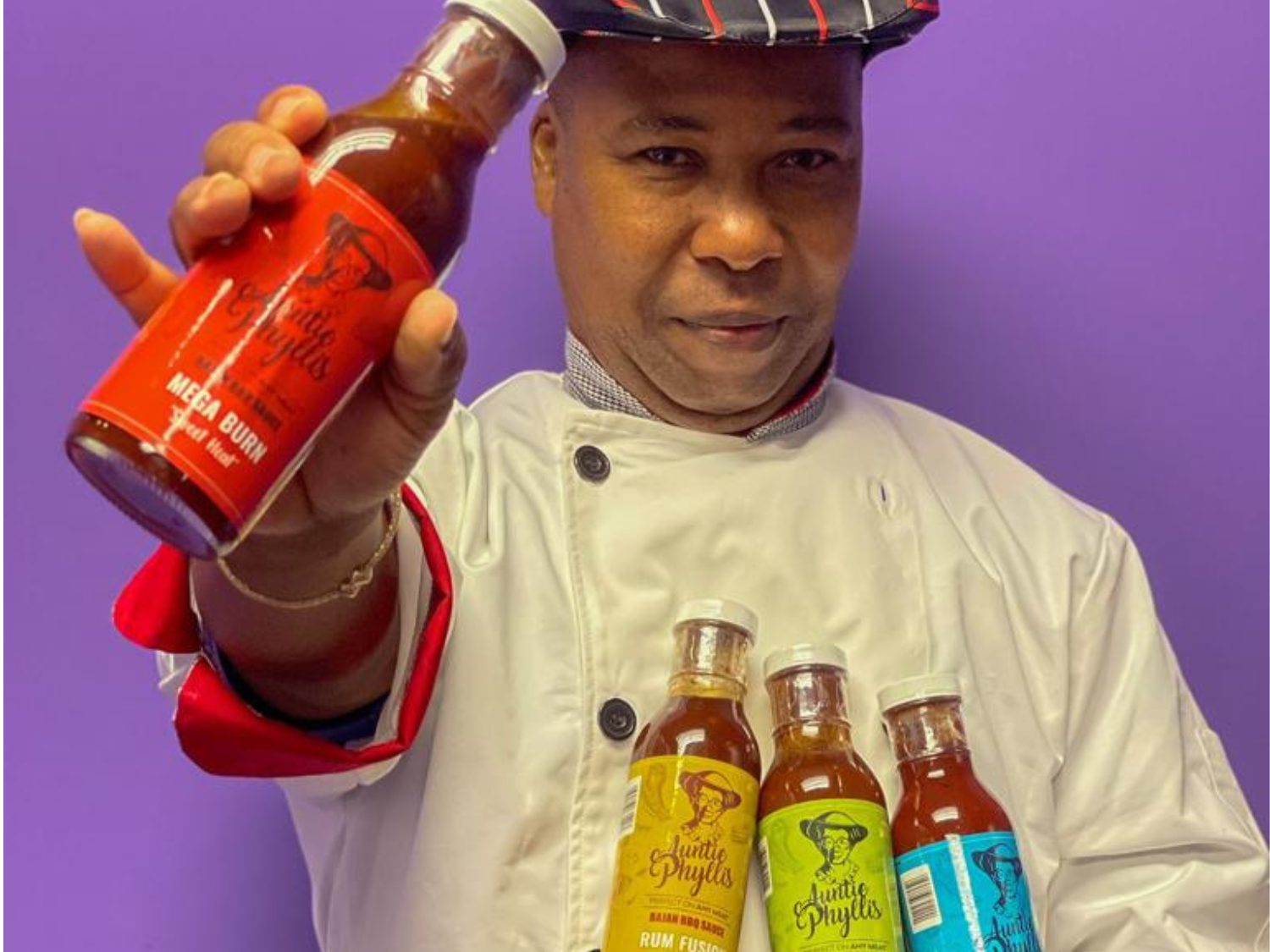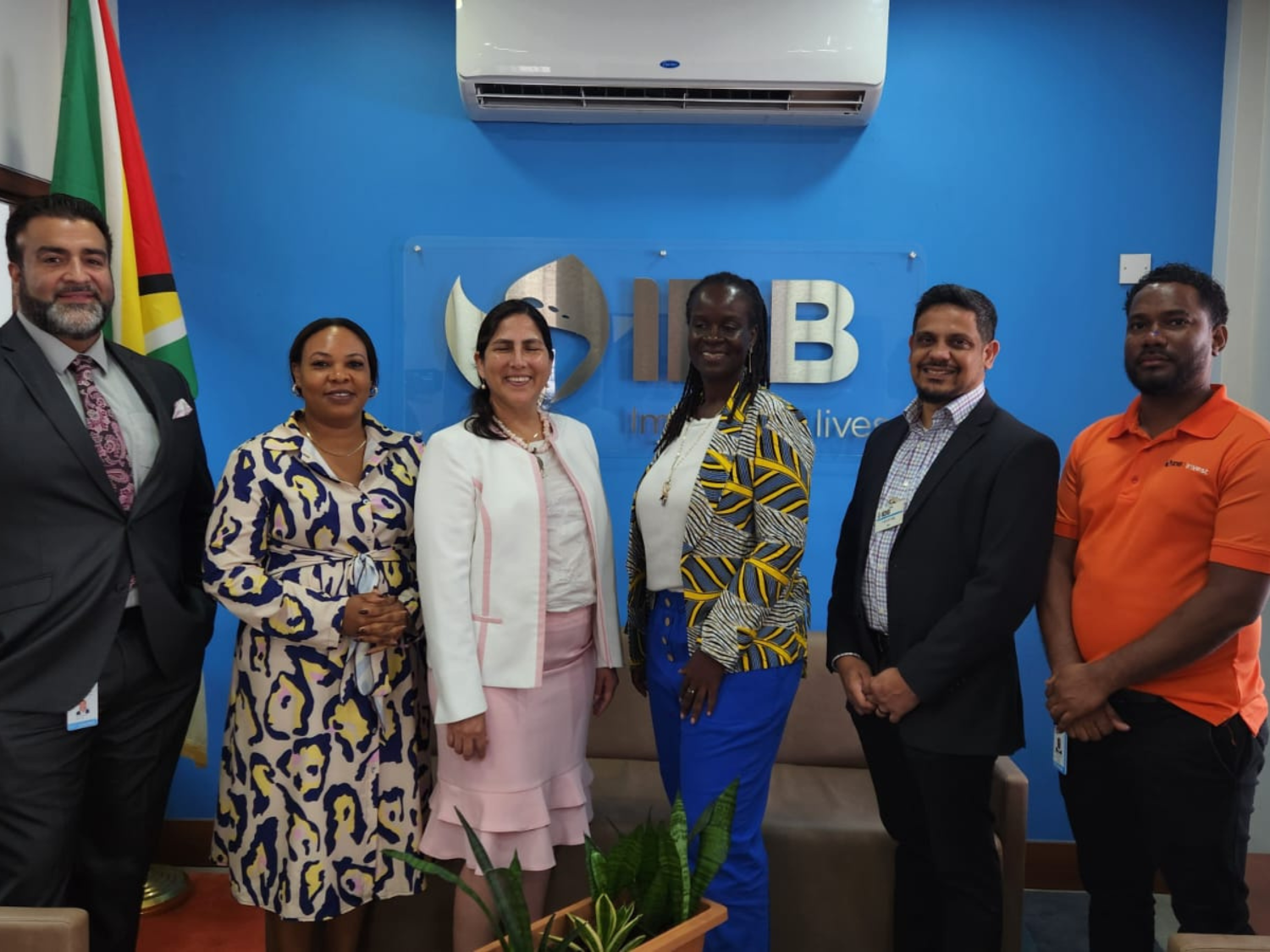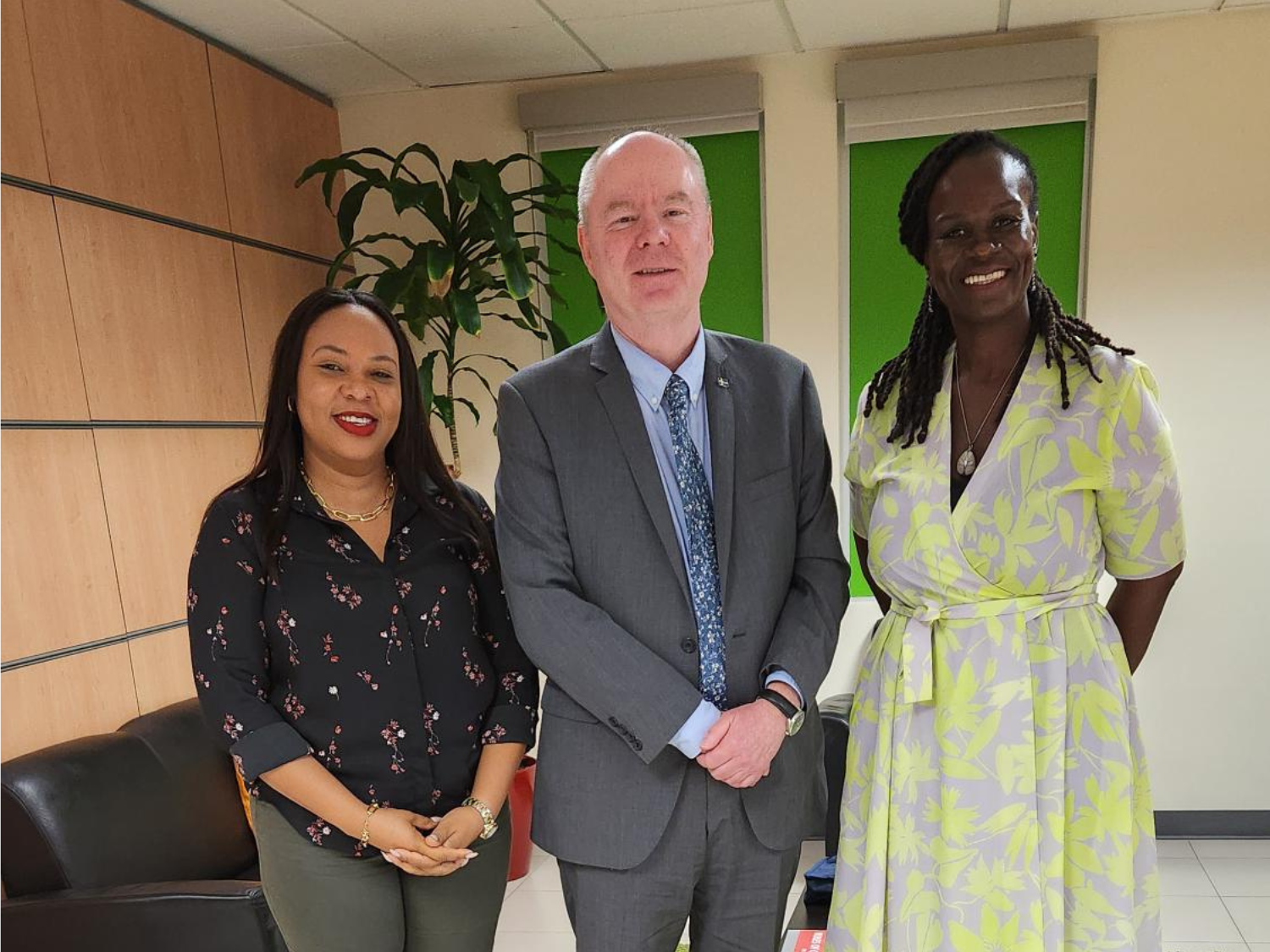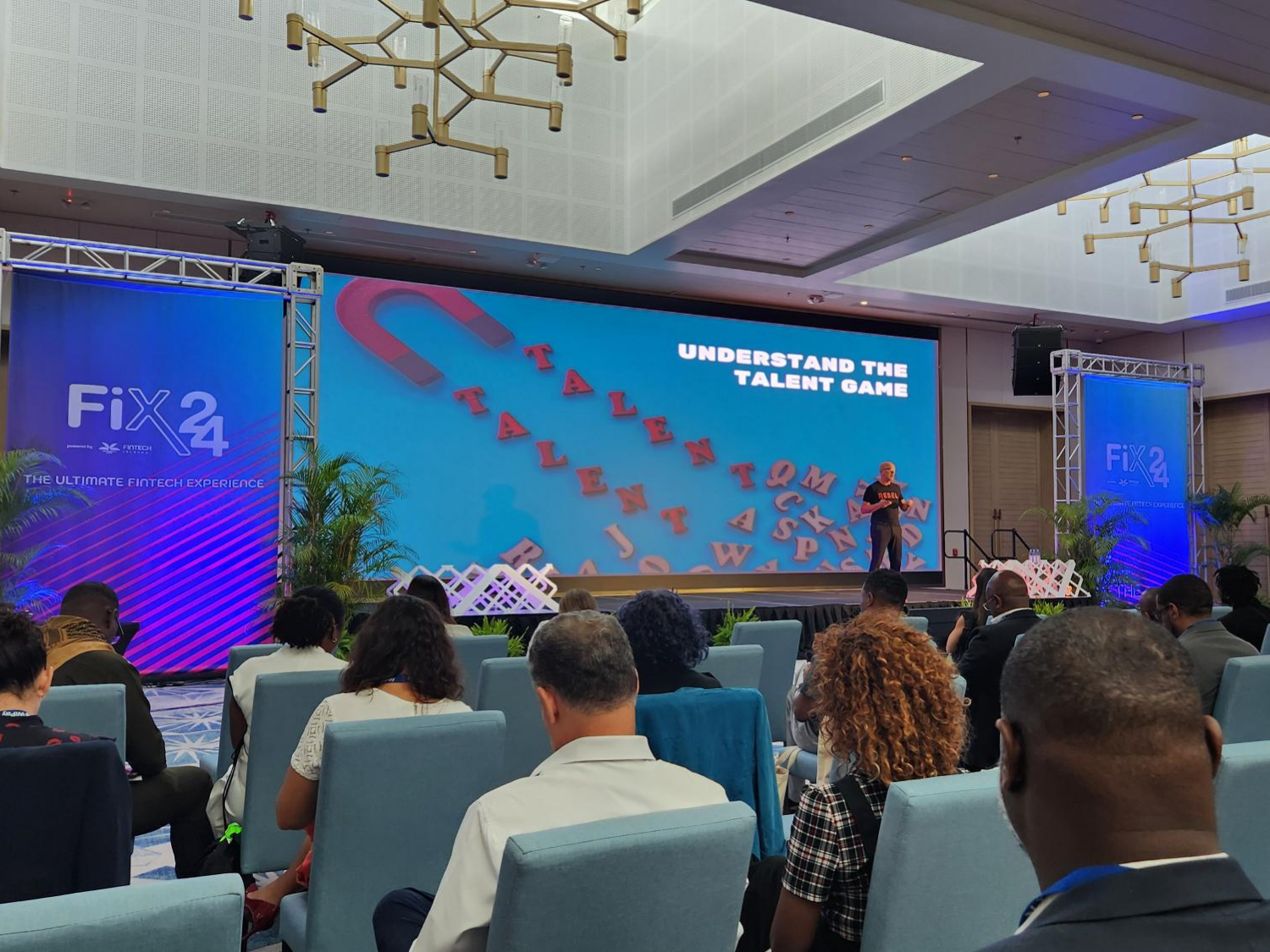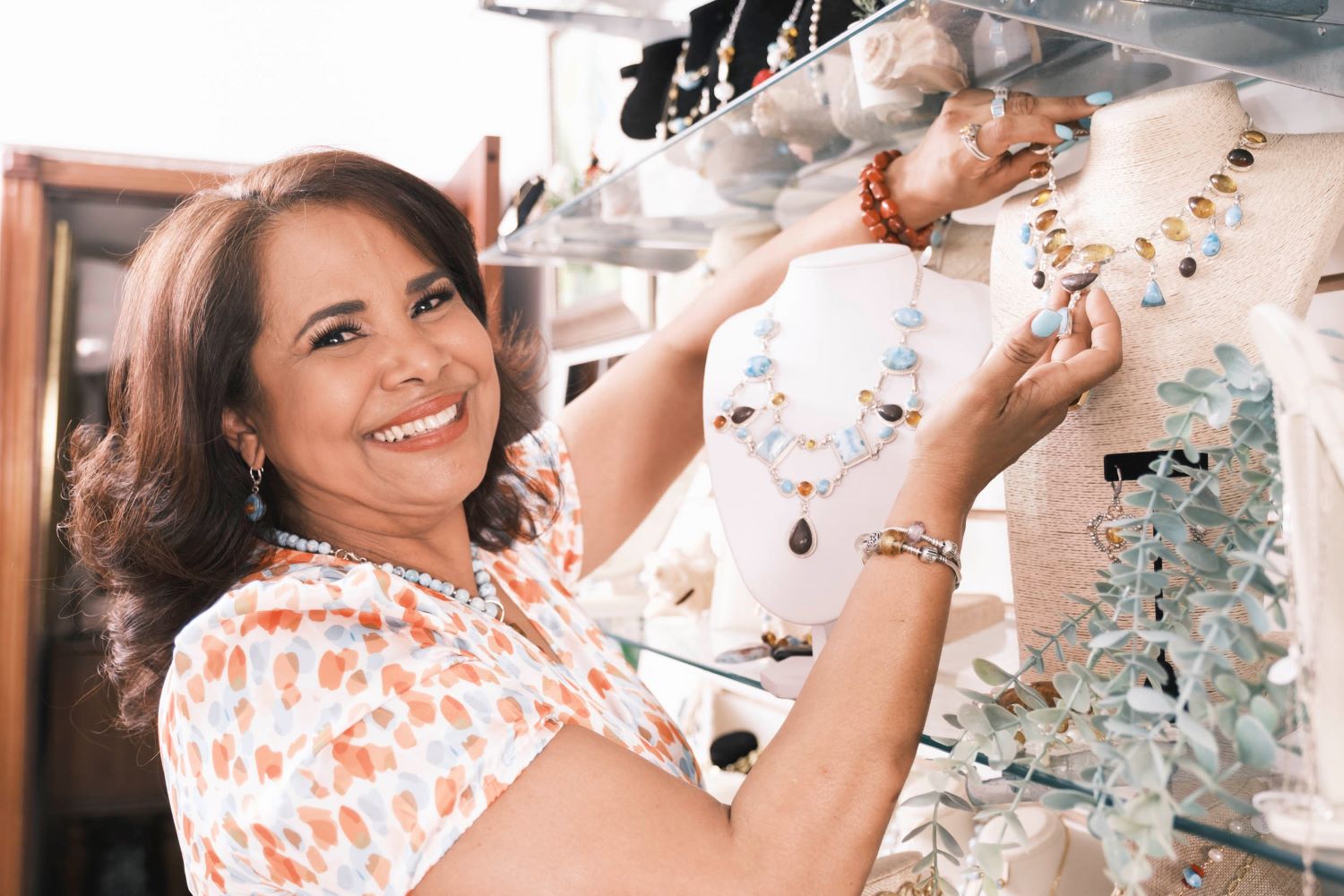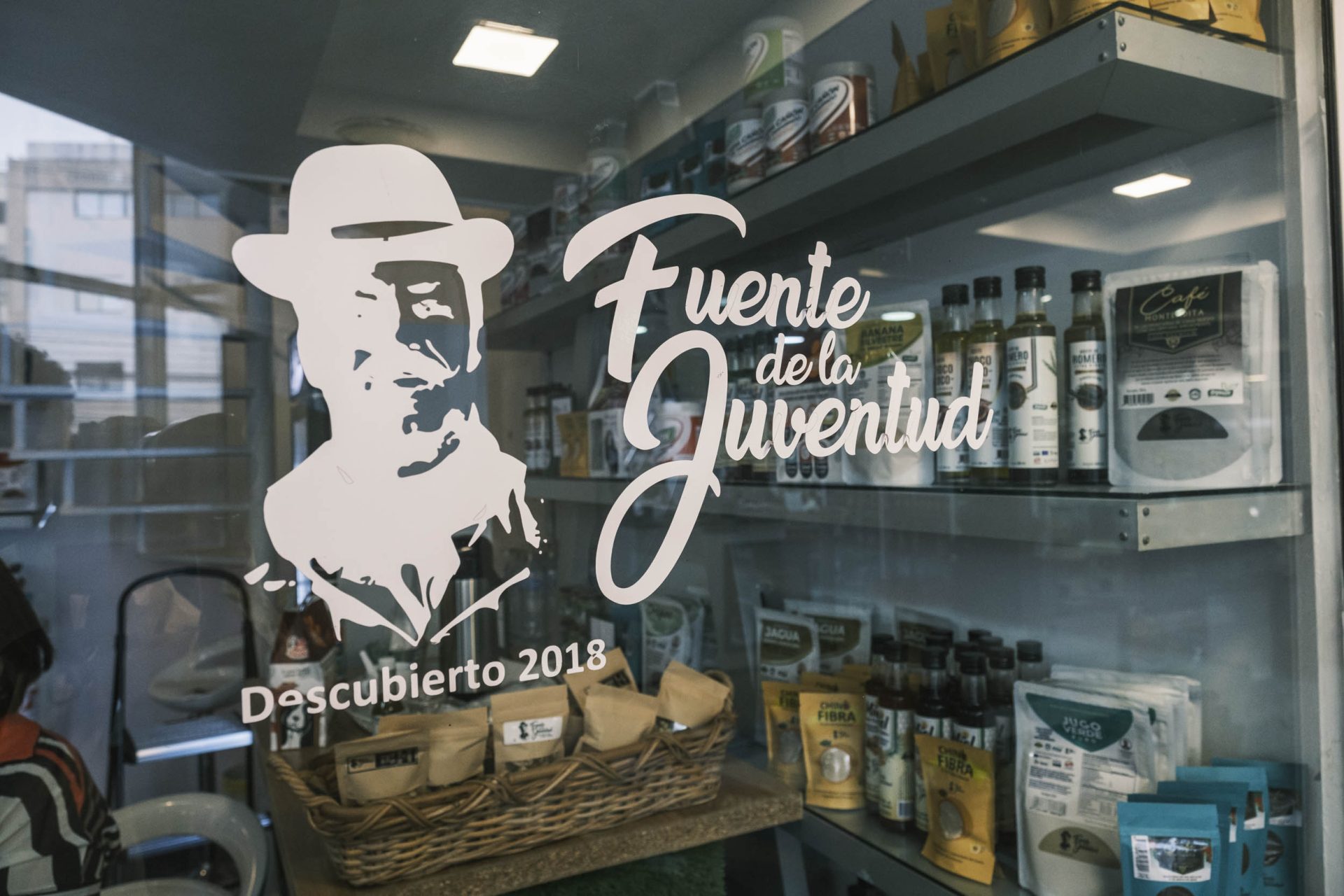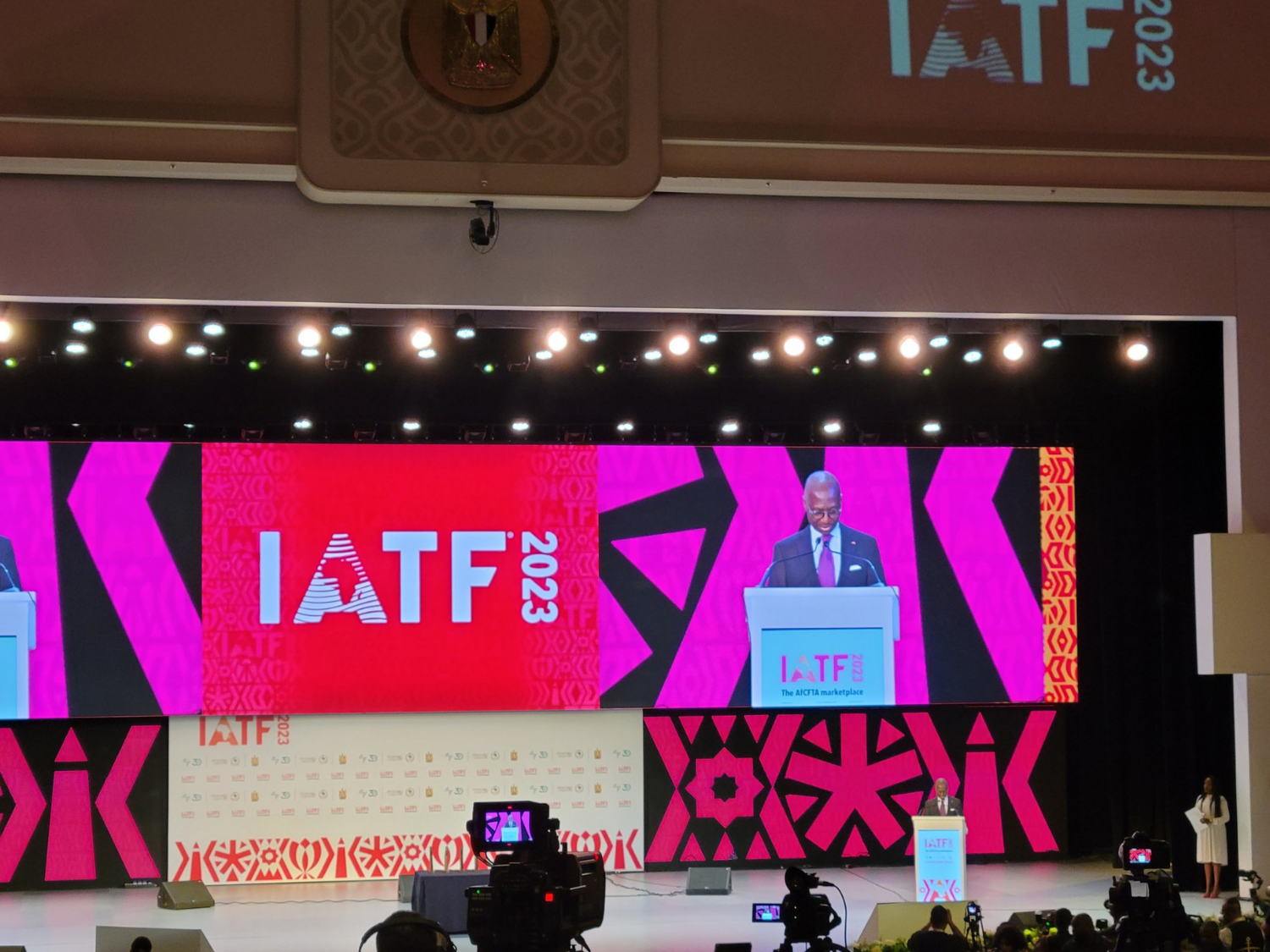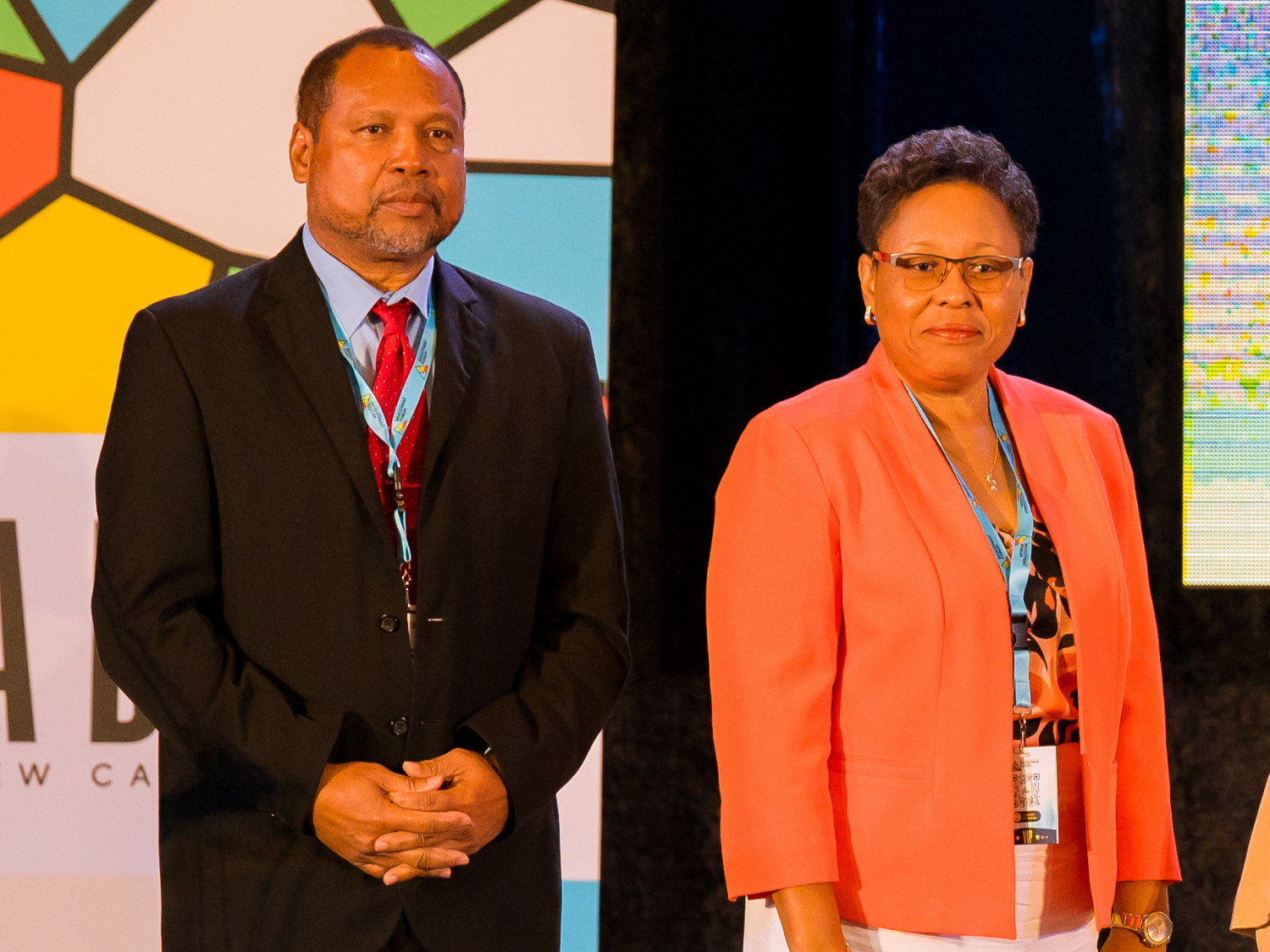Barbados in a bottle’ is the phrase entrepreneur Wayne Ifill uses to describes his brand ‘Auntie Phyllis Bajan BBQ Sauce’.
Bursting with flavours that are synonymous with the island, Wayne’s five sauces are available at several local outlets, and soon they will also be selling online as he prepares to launch an ecommerce platform following his participation in Caribbean Export’s Virtual E-Commerce Accelerator Programme (VEAP).
Wayne says he took part in VEAP because “the digital world is where we’re going” and he wants to be able to make the most of global interest in Caribbean food and flavours.
The VEAP Technical Cooperation Initiative was a ‘learning by doing’ intervention implemented by Caribbean Export in conjunction with Expertise France through the European Union’s (DIRECCT) Programme.
Businesses enrolled in the sessions to learn from master trainers who equipped them with a range of practical skills, including how to develop an e-commerce business strategy; e-commerce value and pricing; e-commerce payment systems; and understanding data analysis and reporting.
Wayne says he felt the programme would help him find ways to supplement the physical spaces where his sauces can be bought and create a sales platform that is accessible around the world 24/7.
“To be able to do things online, is an added plus, a bonus,” Wayne says. “It was a no brainer to take part once the opportunity came up because we know, especially from COVID, that physical spaces have their limits and being online you can overcome most of those. It gives people a chance to see you; resonate, relate, and communicate and then hopefully buy from you.”
Wayne’s branded website currently shares the story of his company and offers more information on how his sauces can be used, but it does not currently have an e-commerce function. He is hoping to launch that capability within the next few months.
He is also working on developing an export strategy with Export Barbados (formerly the Barbados Investment & Development Corporation) after interest in his product from the UK and believes a fully operational e-commerce platform is now a necessity to expand beyond the region.
Wayne reveals that setting up an e-commerce website has taken a lot of “back-end work” as well as investment in technology to ensure it is safe and secure, which he learned through VEAP is of vital importance.
He adds: “VEAP didn’t just widened my knowledge about the benefits of being online, it also looked at some of the challenges due to things like cybercrime and customers needing to be assured that their credit card information will be secure. So, VEAP showed me how technology can be used to overcome those fears.”
Along with enhancing the Auntie Phyllis website, Wayne will be busy over the next few months working on the final recipe for a fish sauce that he hopes will have wide appeal because it is not mayonnaise based and is therefore suitable for vegetarians and vegans. He also has a dry rub product and is planning to launch travel packs targeted at the tourism market.
Wayne’s product line has come a long way from its start in 2009. Initially, he started making BBQ sauce for his small fast-food canteen because he was dissatisfied with the ones he found in the shops and kept having to tweak them to improve their flavour.
After encouragement from his staff and customers, Wayne decided to focus on infusing local ingredients like rum, hot pepper, and pineapple and soon had recipes for four sauces along with the original. In 2019, he officially launched Auntie Phyllis (named after his mother) and now his condiments are on shelves alongside the sauces he used to buy.
When asked to describe his product, Wayne summarises it as “a premium quality, purchase and pour line of BBQ sauces that embrace Bajan culture’.
He explains: “It is premium because when it is poured out you can see the ingredients, flavour, and texture and that tells you that this is a good sauce.
He adds: “You also don’t have to add anything to it. Every sauce has the exact flavour you desire. The original is the one that you can put your own twist to because I can’t make every single flavour, so the original is a good base, and you can add what you like to that one.
“I can guarantee that no other sauce tastes as good as Auntie Phyllis!”
